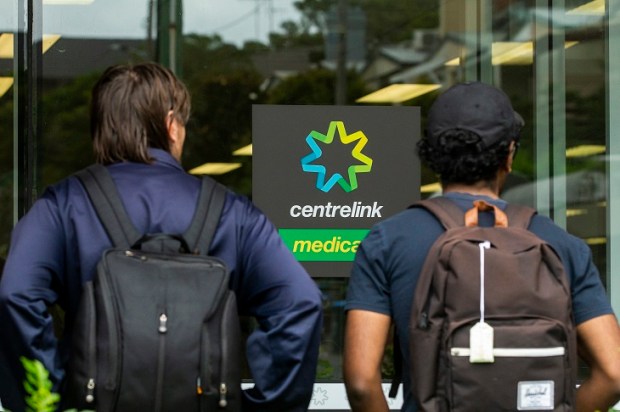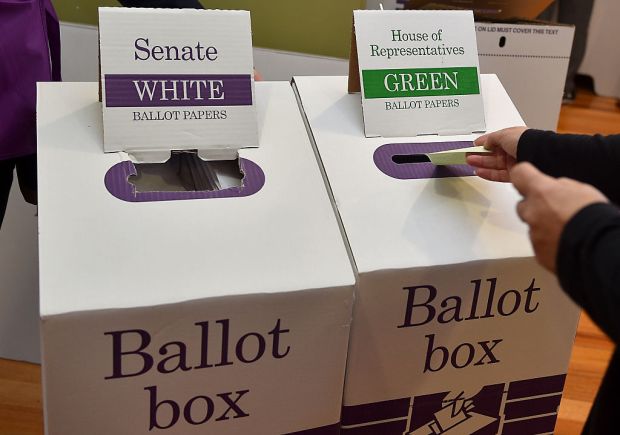Like a Miss Universe contestant declaring her audacious ambition to end world hunger, the government is telling us that they have a plan to fix the housing crisis … again.
From an outsider’s perspective, a pageant contestant attaches themselves to any worthwhile cause in pursuit of a tiara – espousing hollow rhetoric at every turn. Dominic Perrottet’s pursuit for his tiara (re-election in March) is not dissimilar.
Last month, the New South Wales state government introduced legislation outlawing the promotion of what’s termed rent bidding, or the idea that both a landlord and a prospective tenant can come to a mutual agreement on that tenant’s rent. In NSW, a group of adults discussing and agreeing on a reasonable price for rental accommodation is now illegal. More specifically, the Perrottet government has prohibited the use of terms like by negotiation, inviting offers, and price range in rental properties. We’re accustomed to laws curtailing free speech when it comes to hateful language and words likely to cause unrest in this country; now, we must accept the prohibition of speech used in everyday negotiation since the dawn of time passed by an ostensibly liberal government. Penalties for non-compliance include a $5,500 fine.
Why do this? Census data indicates that around one-third of Australians are renters, with a disproportionate share of these being younger, aspirational voters, a demographic that Perrottet and the NSW Liberals must win over if they are to be re-elected in March. ‘Renters, we’re on your side!’ is the message they want echoing across the high-rise balconies of Darlinghurst, the university share houses of Kensington, and the patios of Strathfield. But does it address the underlying problem?
CEO of the Real Estate Institute of NSW Tim McKibbin points out that the government’s dishonest campaign is designed to ‘position itself as the saviour of tenants’. The enforced narrative is that of greedy landlords and conniving real estate agents conspiring to pit renters against each other in a market where the residential vacancy rate fell to a sixteen-year low of just 1 per cent last year. Yet, time and time again, we see that it is in fact tenants who are the ones offering above and beyond a listed price. So, what’s the issue?
To put it simply: supply. Every weekend in inner-city suburbs like Surry Hills, there are as many as thirty to forty people applying for each newly-listed property – such is the demand for rental properties in today’s market. All but one applicant must miss out. This plays out on a daily basis across our metropolitan areas, but Dominic Perrottet would have us believe the primary issue is that successful applicants are paying $20 a week more than they should.
The fact that thirty prospective families and couples have just been denied an opportunity to move into a home is apparently no cause for concern. NSW Customer Service and Digital Government Minister Victor Dominello fronted the press to insist, ‘It can be very distressing for prospective tenants who have submitted a rental application to be told to increase their offer to improve their prospects of securing a property.’ But would it not be far more distressing for a young family with an expired lease to have to find a place to stay in a market with a 1 per cent vacancy rate? It’s a question the state government has, so far, refused to answer.
We must look to structural reform and not political grandstanding if we are to truly solve the housing crisis for both buyers and renters. A 2020 report commissioned by Peter Tulip and the Centre for Independent Studies found that planning restrictions by the hodgepodge cabal of local governments in Sydney can increase house prices by as much as 73 per cent in some areas. Further to that, height limits in high-density areas can increase the cost of apartments by some 68 per cent.
It is the amount of dubious red tape, often passed by councillors with vested interests in property within their local government area, that are choking the housing market and causing the current crisis. Removing these burdensome hurdles would unleash a groundswell of new opportunities for not only prospective renters but those wishing to enter the property market in a variety of ways.
Time is running out for either side to tackle this issue before the March state election. Whichever party decides to do the tackling might just return state politics to the true contest of ideas it should be, away from the virtue-signalling beauty pageant it currently is.

























